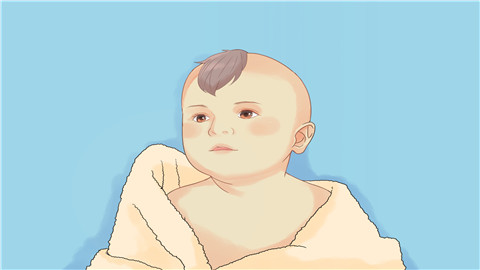Can pathological jaundice resolve on its own?
Generally speaking, if the symptoms caused by pathological jaundice are mild, they usually can resolve spontaneously; however, if the symptoms are severe, they cannot resolve on their own. If discomfort symptoms appear, it is recommended to seek timely medical treatment at a regular hospital. Detailed analysis is as follows:

When the symptoms caused by pathological jaundice are mild, it indicates that the increase in bilirubin levels is limited and the impact on various body systems is relatively small. This type of jaundice is often caused by mild infections, breast milk factors, or transient liver metabolic abnormalities, such as breast milk jaundice. Infants develop jaundice several days after birth, with mildly elevated serum bilirubin levels, but their mental status, feeding behavior, and sleep quality remain basically normal, without abnormalities such as fever, refusal to feed, or excessive sleepiness. As the infant's liver function gradually improves with growth and the body has a certain capacity for self-regulation and repair, excess bilirubin in the body can be gradually metabolized and excreted through sufficient feeding and promotion of bowel movements and urination, thereby achieving spontaneous recovery. However, regular monitoring of bilirubin levels is still necessary to ensure proper resolution of jaundice.
If the symptoms caused by pathological jaundice are severe, it often indicates a rapid increase in bilirubin levels, posing a threat to important organs such as the nervous system. This situation is commonly seen in causes such as hemolytic jaundice, biliary atresia, and severe infections. In addition to obvious yellowing of the skin and sclera, infants may also exhibit neurological symptoms such as listlessness, delayed responses, and changes in muscle tone, potentially leading to bilirubin encephalopathy and irreversible brain damage. Additionally, systemic symptoms such as fever, vomiting, and diarrhea may occur, significantly affecting the child's growth, development, and overall health.
During treatment, it is important to maintain good lifestyle habits, such as avoiding high-fat diets, abstaining from alcohol, ensuring adequate rest, and regularly monitoring liver function to promote recovery.







